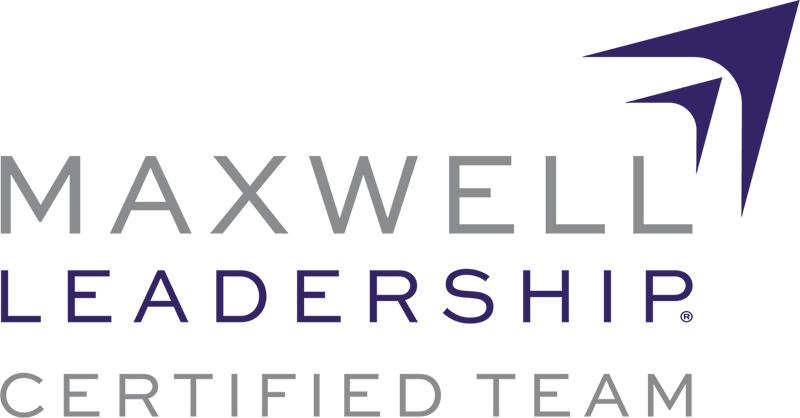The Breakthrough Power of True Leadership
Recently I saw the movie “42”, the story of Jackie Robinson. It is a wonderful leadership movie and a perfect example of John Maxwell’s mantra that “leadership is influence, nothing more, nothing less”.
Until 1947 only whites were allowed to play major league baseball in America. Jackie Robinson changed that forever when he became the first African American to break major league baseball’s racial barrier. Far from doing it alone, Robinson had strong support from his wife Rachel and Brooklyn Dodgers President Branch Rickey.
The Courageous Positional Leader
As leader of the Brooklyn Dodgers, Rickey was determined to integrate major league baseball. He said, “Ethnic prejudice has no place in sports, and baseball must recognize that truth if it is to maintain stature as a national game.”
Rickey was looking not only for a great African American ballplayer, but also for a person of great strength, character, and courage. When he found Robinson, Rickey told him, “Jackie, we’ve got no army. There’s virtually nobody on our side. No owner, no umpires, very few newspapermen. And I’m afraid that many fans may be hostile. We’ll be in a tough position. We can only win if we can convince the world that I am doing this because you’re a great ballplayer and a fine gentleman.”
Leadership Without the Title
Robinson did indeed prove himself to be a great ballplayer and a fine gentleman. His strong performance on the field coupled with his courageous and dignified conduct paved the way for the full integration of American professional and amateur sports.
While he had no official leadership title, Robinson’s actions and attitude influenced millions of Americans. Because of him new opportunities emerged for African American people, and white Americans saw the world in a new and better way.
While Robinson led without positional authority, Rickey’s positional leadership was critical. His insistence on fair treatment for Robinson by his teammates and coaches allowed Robinson to win them over.
Two Leaders, Different Roles
This is an exceptional story of two strong leaders, one with positional authority and the other without it, working together to change American sports as well as the nation.
Without Robinson’s great performance, courage, and strong character, Rickey’s efforts would have failed. Conversely, without Rickey’s vision, courage, and willingness to use his authority, Robinson would not have gotten his chance.
Three Takeaways From This Remarkable True Story
1. As Dr. Maxwell says, you do not need positional authority to be an influential leader. You must have a sense of purpose, strong commitment, courage, and outstanding character. With those attributes you are a leader people will take note of and want to emulate, much like the boys and girls who wanted to be like Jackie Robinson. People are watching you, regardless of your position. What you do matters and influences others, so you need to choose the type of influence you want to have.
2. To become successful leaders we often need influential figures in our lives with enough authority to pave the way for us. Branch Rickey did this for Jackie Robinson, and employees and middle managers often need their superiors’ authority to remove barriers to success. Likewise, children need parents and teachers to remove obstacles and ensure they are in environments that give them a fair chance to succeed.
3. Leaders need the unwavering support of family members who love them unconditionally and believe in their mission. Rachel Robinson’s unconditional love and support for her husband, as well as her belief in his cause, helped give him the strength to play baseball in environments that were often openly hostile. Any leader who takes their role seriously is going to encounter resistance. Just look at Jesus or Dr. Martin Luther King, Jr. The unconditional love and support they received from family members helped keep them strong and committed in the face of great adversity.
About the Author
 Scott is a serial entrepreneur who believes strong leadership is the key to organizational success.
Scott is a serial entrepreneur who believes strong leadership is the key to organizational success.
He is an advocate of marketplace ministries, and his company Nehemiah Worldwide works with leaders who are committed to profitability, developing people, and benefitting their communities
